Search
Latest Stories
Start your day right!
Get latest updates and insights delivered to your inbox.
We have a small favor to ask of you
Facebook is critical to our success and we could use your help. It will only take a few clicks on your device. But it would mean the world to us.

Here’s the link . Once there, hit the Follow button. Hit the Follow button again and choose Favorites. That’s it!
The Latest
Most Popular
Sign Up for
The Daily GOOD!
Get our free newsletter delivered to your inbox















 Freddie Mercury GIF by Queen
Freddie Mercury GIF by Queen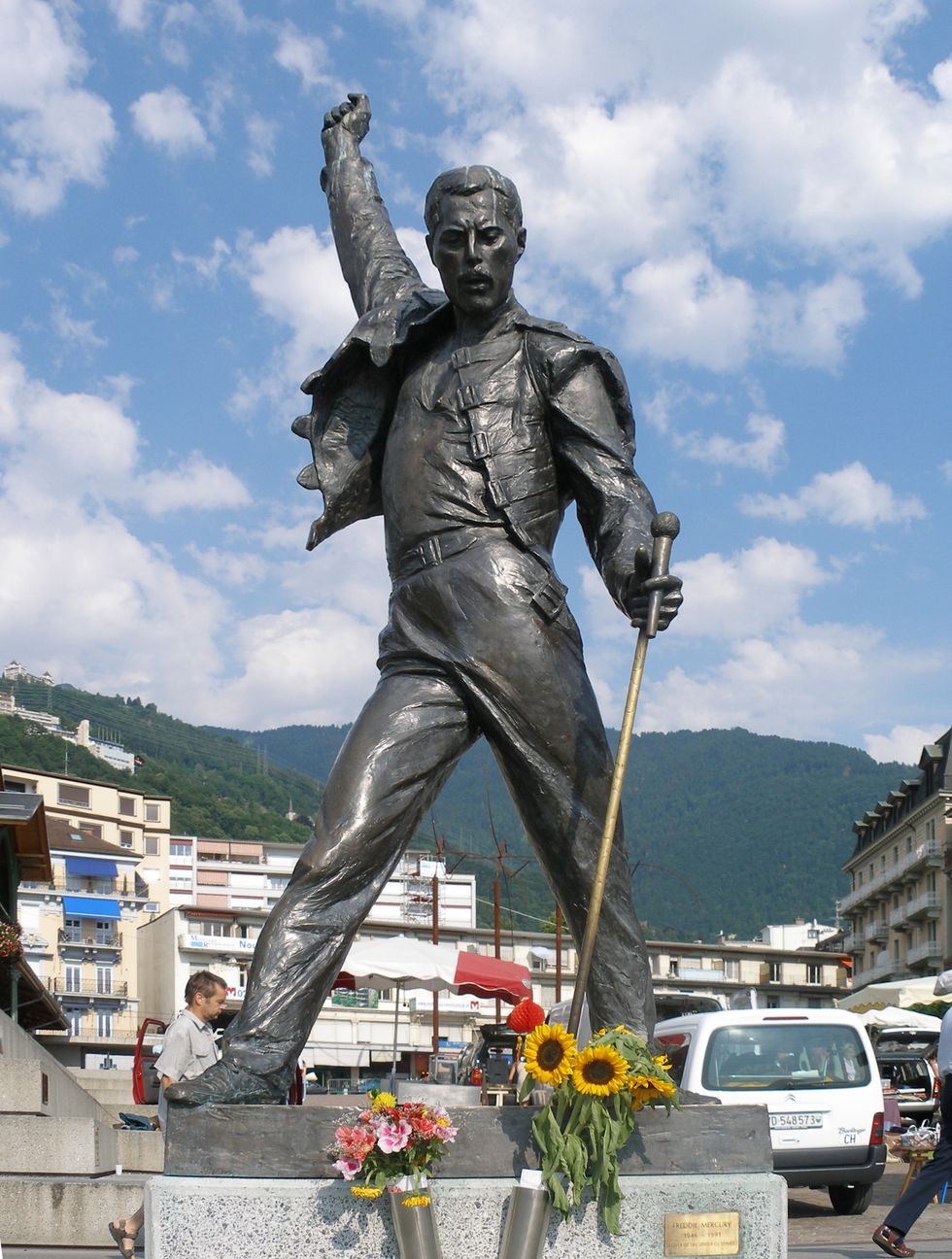 File:Statue of Freddie Mercury in Montreux 2005-07-15.jpg - Wikipedia
File:Statue of Freddie Mercury in Montreux 2005-07-15.jpg - Wikipedia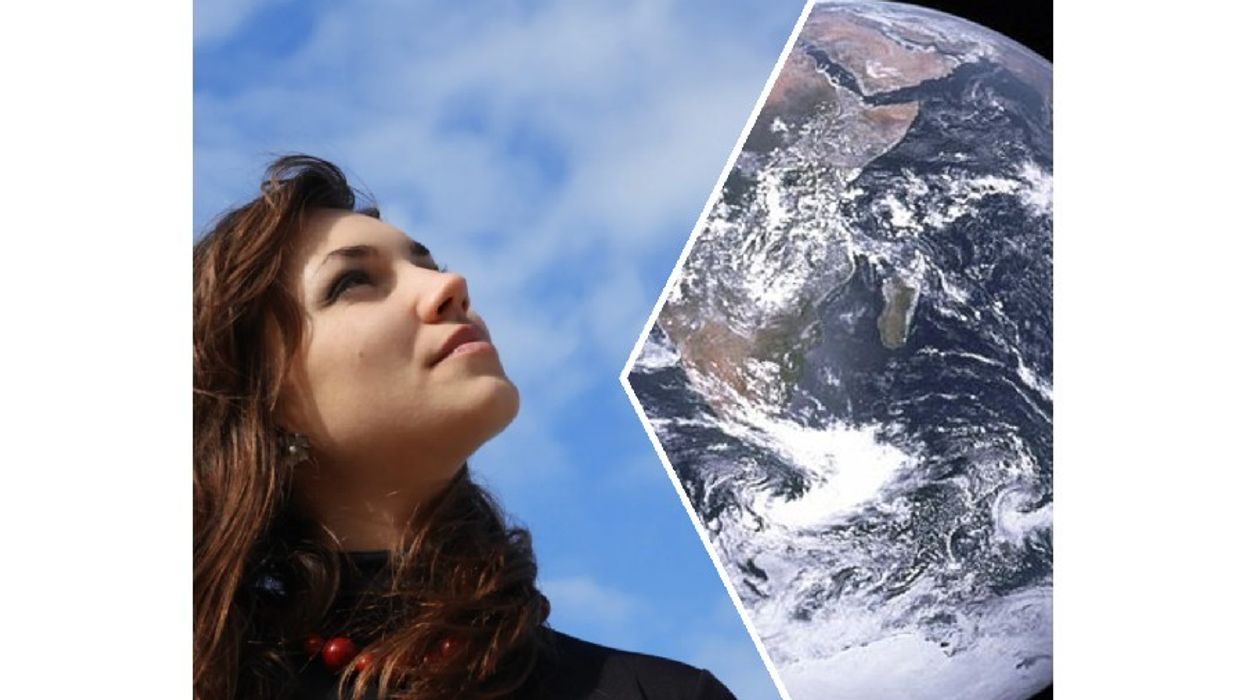
 The hole in the ozone layer in 2015.Photo credit: Wikimedia Commons
The hole in the ozone layer in 2015.Photo credit: Wikimedia Commons In the 1980s, CFCs found in products like aerosol spray cans were found to cause harm to our ozone layer.Photo credit: Canva
In the 1980s, CFCs found in products like aerosol spray cans were found to cause harm to our ozone layer.Photo credit: Canva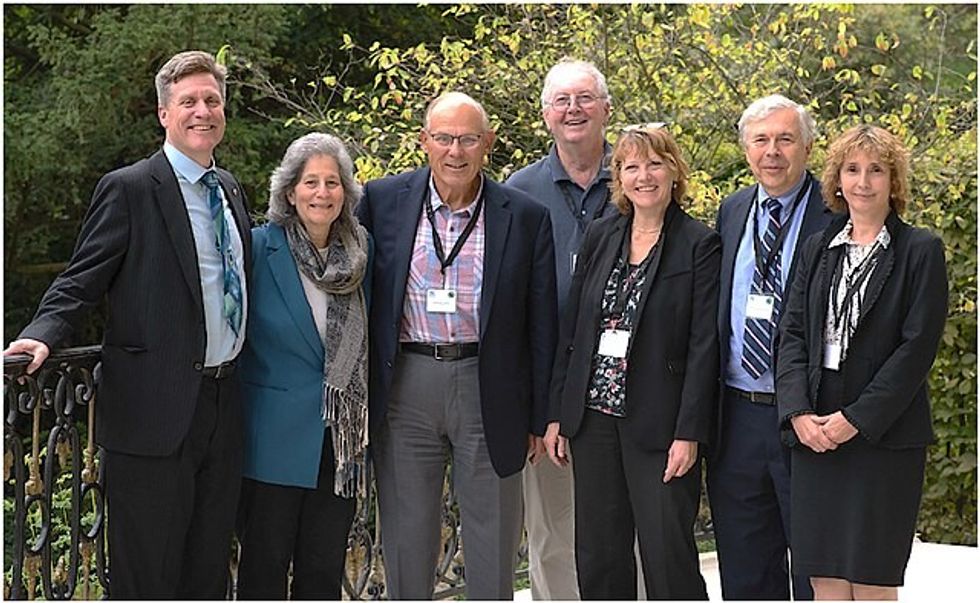 Group photo taken at the 30th Anniversary of the Montreal Protocol. From left to right: Paul Newman (NASA), Susan Solomon (MIT), Michael Kurylo (NASA), Richard Stolarski (John Hopkins University), Sophie Godin (CNRS/LATMOS), Guy Brasseur (MPI-M and NCAR), and Irina Petropavlovskikh (NOAA)Photo credit: Wikimedia Commons
Group photo taken at the 30th Anniversary of the Montreal Protocol. From left to right: Paul Newman (NASA), Susan Solomon (MIT), Michael Kurylo (NASA), Richard Stolarski (John Hopkins University), Sophie Godin (CNRS/LATMOS), Guy Brasseur (MPI-M and NCAR), and Irina Petropavlovskikh (NOAA)Photo credit: Wikimedia Commons
 Getting older means you're more comfortable being you.Photo credit: Canva
Getting older means you're more comfortable being you.Photo credit: Canva Older folks offer plenty to young professionals.Photo credit: Canva
Older folks offer plenty to young professionals.Photo credit: Canva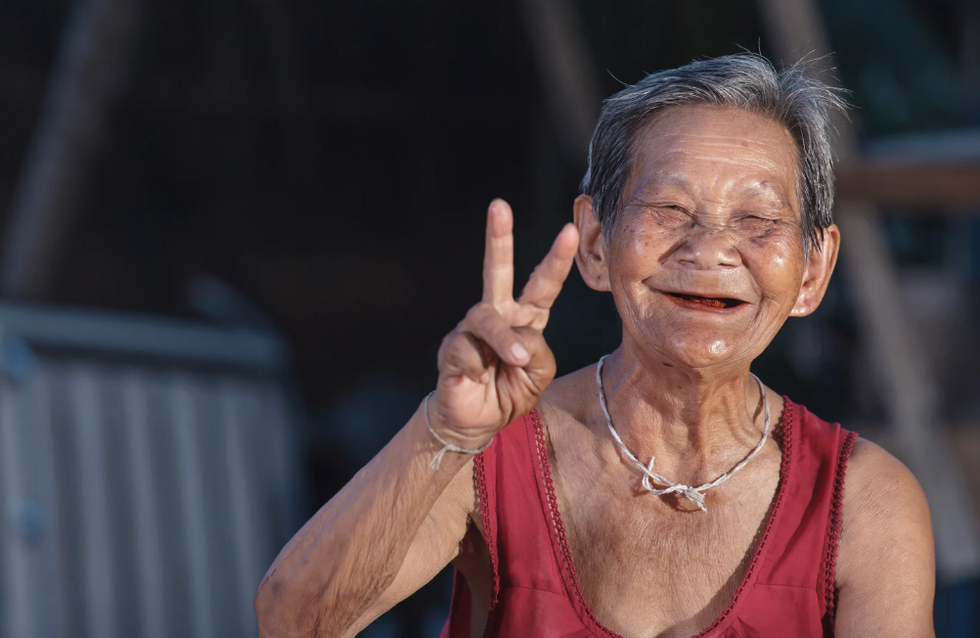 Eff it, be happy.Photo credit: Canva
Eff it, be happy.Photo credit: Canva Got migraines? You might age out of them.Photo credit: Canva
Got migraines? You might age out of them.Photo credit: Canva Old age doesn't mean intimacy dies.Photo credit: Canva
Old age doesn't mean intimacy dies.Photo credit: Canva
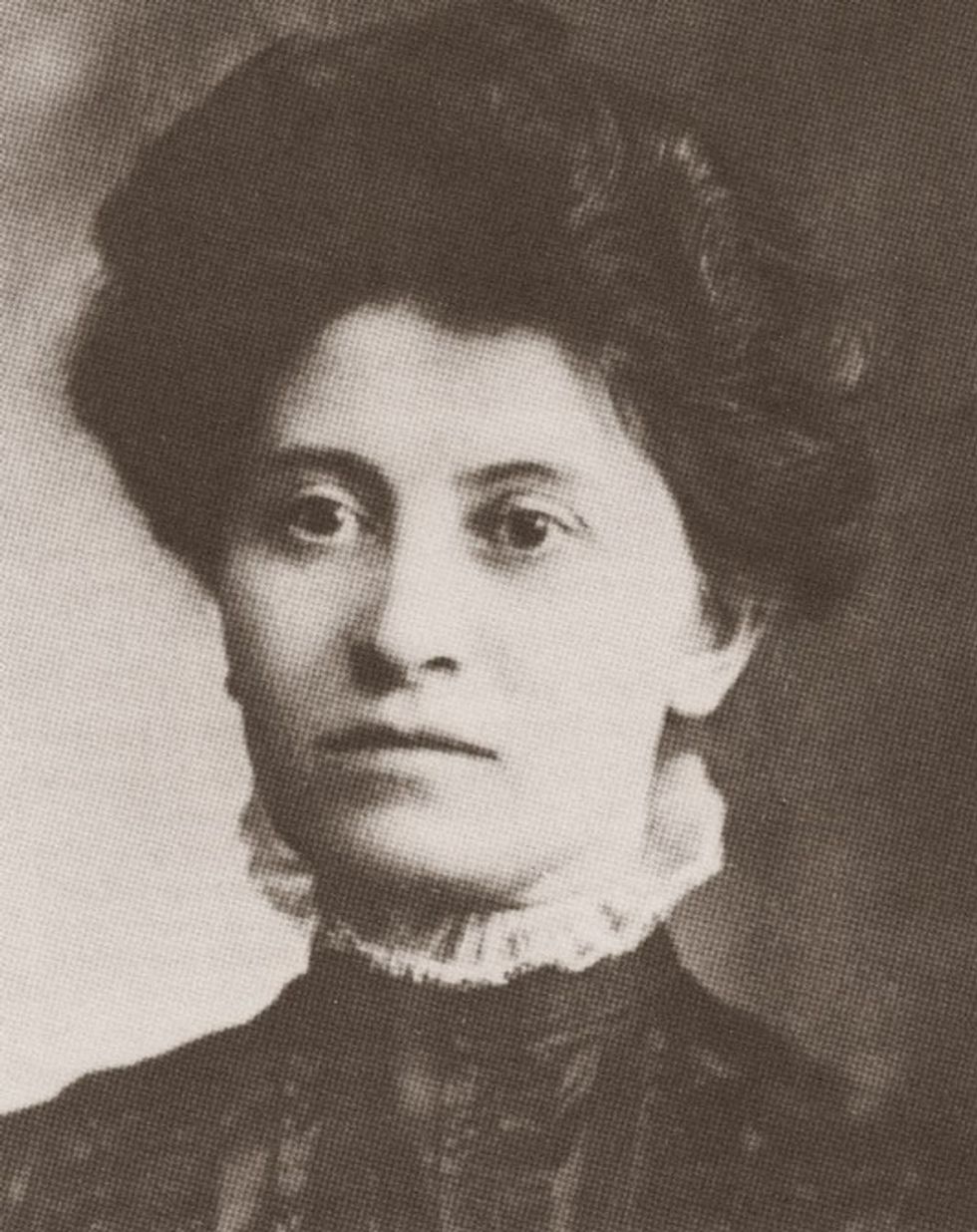 Theresa Malkiel
commons.wikimedia.org
Theresa Malkiel
commons.wikimedia.org
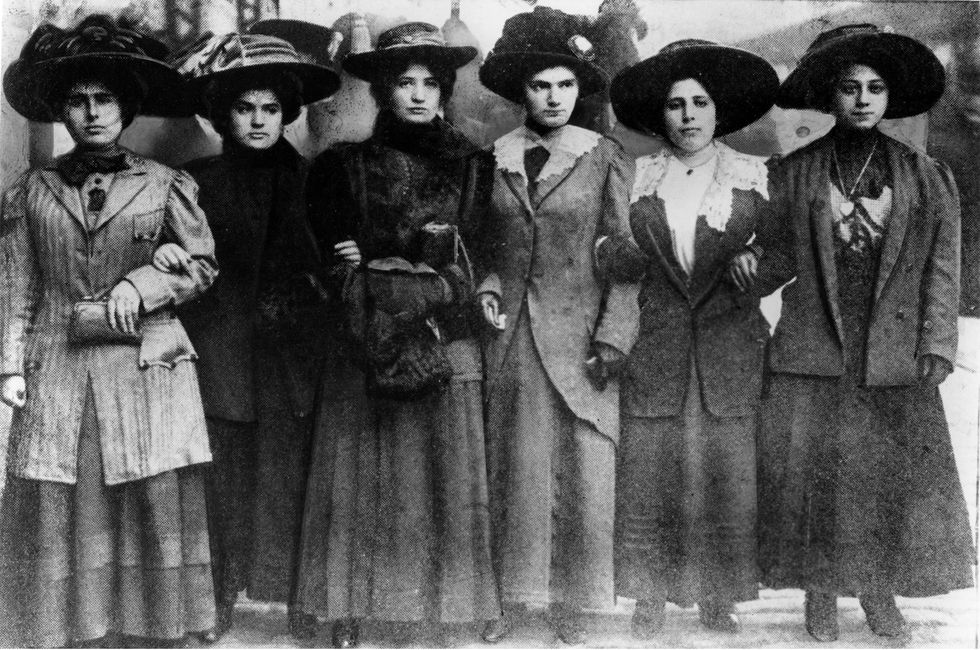 Six Shirtwaist Strike women in 1909
Six Shirtwaist Strike women in 1909
 University President Eric Berton hopes to encourage additional climate research.Photo credit: LinkedIn
University President Eric Berton hopes to encourage additional climate research.Photo credit: LinkedIn
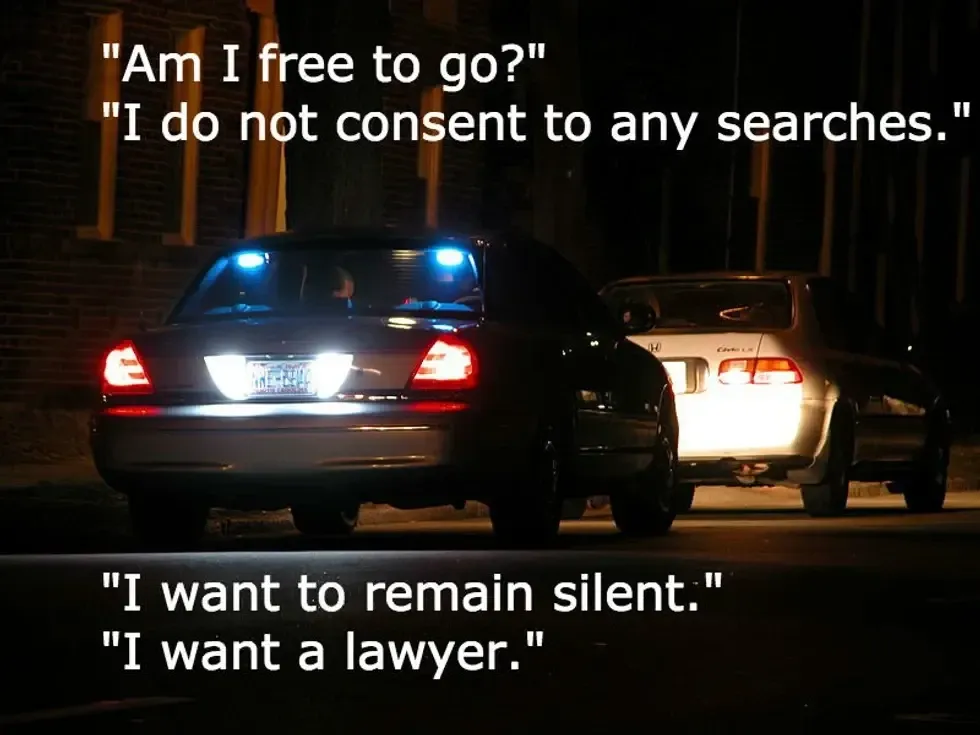 Image by Ildar Sajdejev via GNU Free License | Know your rights.
Image by Ildar Sajdejev via GNU Free License | Know your rights.